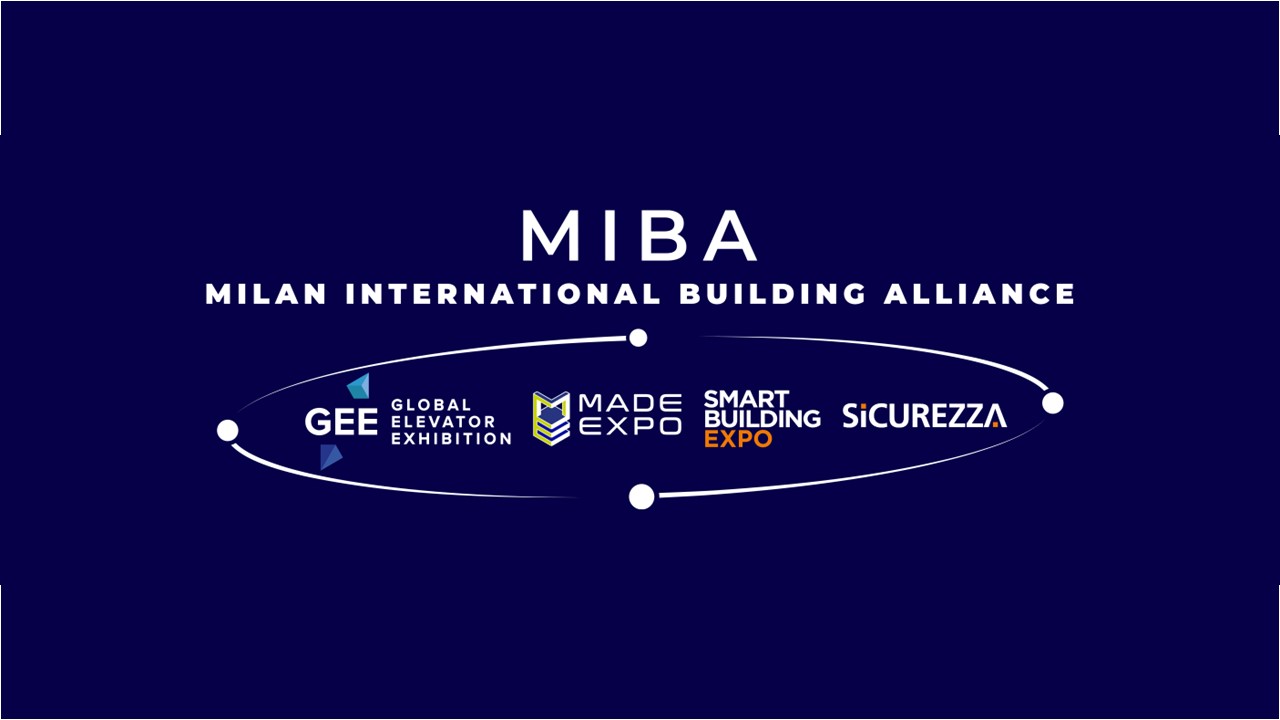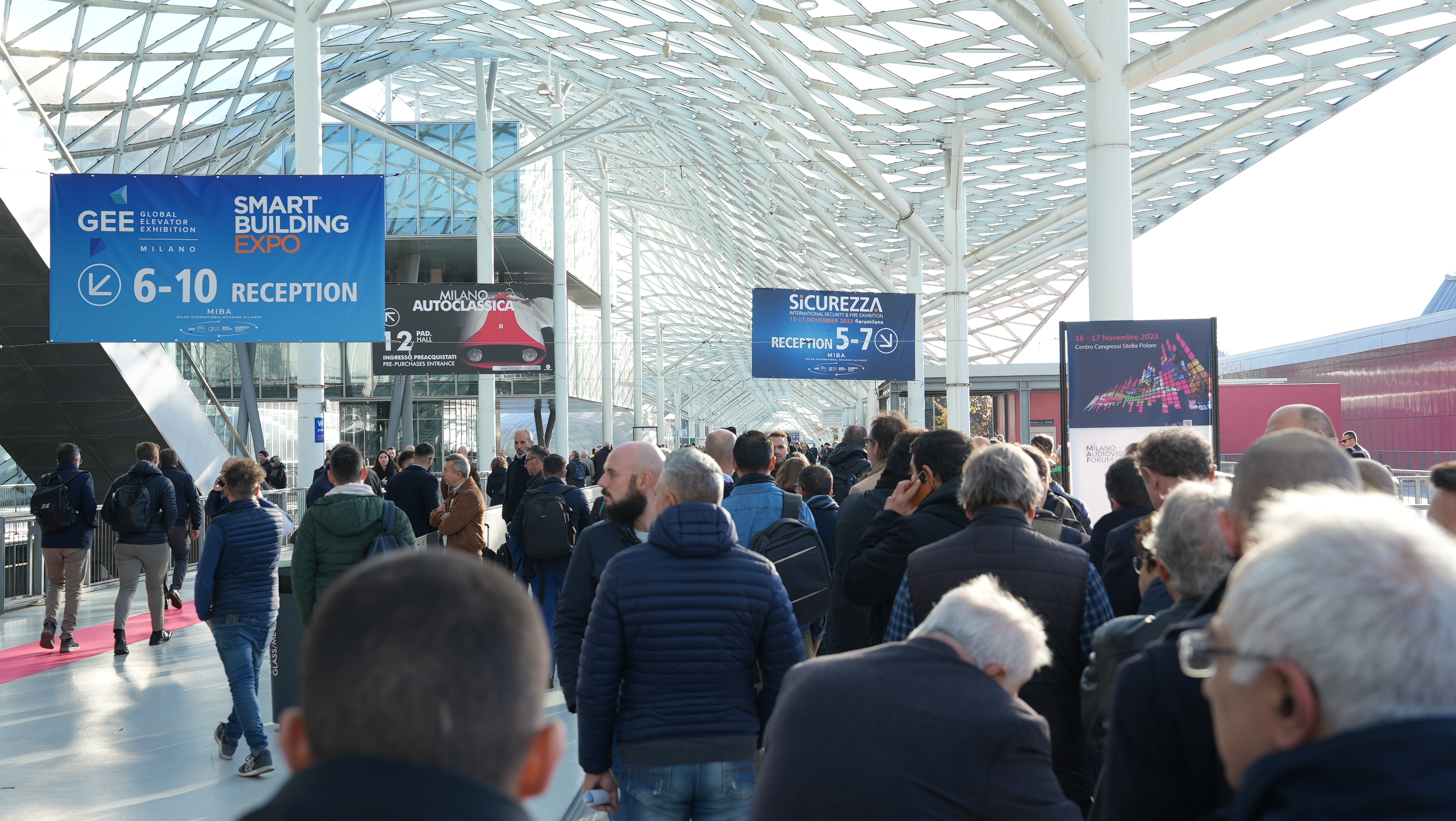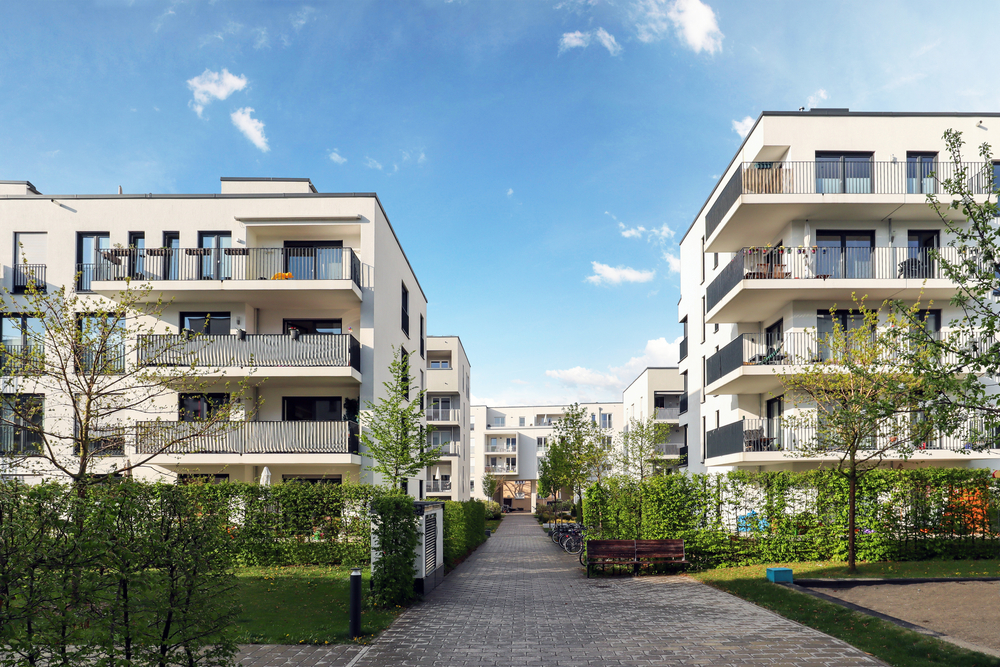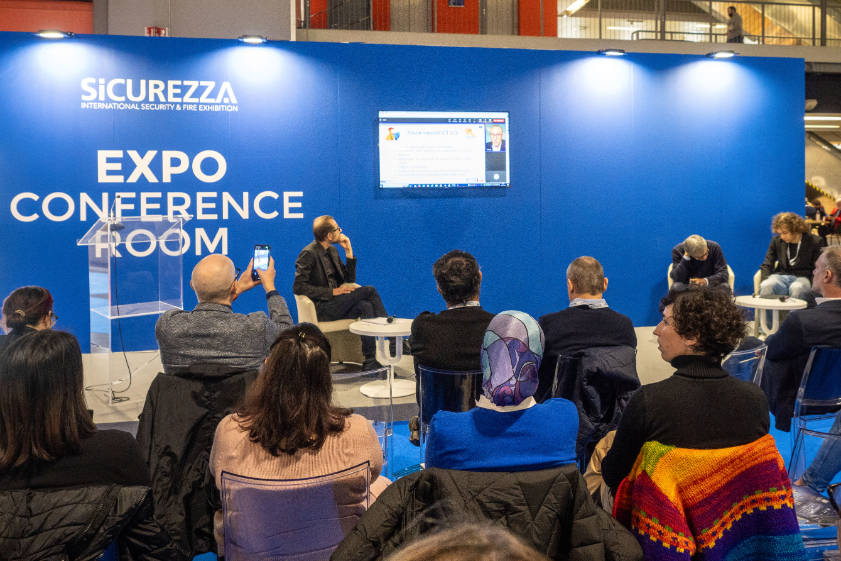According to the 56th Censis report on the Country's Social Situation/2022, published on 2 December, 43.1% of Italians do not feel safe at home and are afraid of theft, fire or other damage, when two years ago the figure was much lower (33.9%) although the theft rate was higher.
Therefore, against this background of a gradual shift towards digital technology (according to research by the Politecnico di Milano 43% of Italian companies are set to expand their budgets for digital technologies in 2023), matching the burglar alarm sector with the needs of the Smart Home is now a key issue.
So, whether the solutions are for small or large homes, the burglar alarm system today is part of an evolving landscape. How important, then, is the design and development phase, also with regard to regulations? What innovations have been proposed and with what advantages for the end user?
We spoke with AVS Electronics, SATEL Italia and SICEP, which, together with other leading companies, are already participating in SICUREZZA 2023, once again confirming its role as the all-inclusive voice of the supply chain.
“Relevant standards are the basis for a properly designed burglar alarm system” - according to Christian Carbognin, Italy Sales Manager AVS. “The standards”, he explains, “offer a clear and precise line that any professional installer must follow, covering everything from the inspection to the preliminary analysis, from assessing the risk class based on the type of installation (residential, industrial, commercial), resulting in a system that is scientifically, professionally and not empirically designed”.
This must be combined with constant updating and training, explains Carbognin, specifying that “continuous training enables our installer customers to professionally apply our technologies”.
For Raffaele Iodice, Chief Sales Officer of SICEP, design is also the result of a combination of attention to standards and continuous research, including through young resources. “The continuous evolution of alarm systems” explains Iodice, “leads us to constantly invest in research and development, also by recruiting fresh new graduates, to offer innovative and technologically advanced products without sacrificing design, which has become a must in today’s world”.
European regulations and development, design and comfort, interconnection and the cloud, are the new demands of the 2023 home; among the innovations proposed by the industry, therefore, remote control systems are dominant.
“We continually strive”, says Antonella Renaldi, CEO of SATEL Italia, “to apply the latest technologies by increasing innovative functionality and extreme customisation for both the security professional and the user, who is increasingly demanding and on the ball”. “The remote management of installations” says Renaldi, “has always been a SATEL flagship. SATEL was the first company to launch an alarm centre app in the security market (we're talking about 15 years ago). Today, the INTEGRA Control APP not only provides easy but also in-depth control of application scenarios, but also allows complete management of the system in combination with cameras. Our philosophy is to continually increase functionality: for example, in the latest version of the application we introduced voice commands and ‘critical’ notifications, which occur even when the phone is switched off”.
Using APPs to facilitate the management of complex and simultaneous functions is a goal also shared by AVS and SICEP. As SICEP's Iodice states, in fact, “Our goal is to increasingly transform the alarm control panel into an advanced interconnection system capable of managing, as an epicentre, several functions simultaneously such as alarm, video surveillance, home automation and access control. Everything can be coordinated both by the user through a simple, intuitive and usable App, and by the Private Vigilance Service, which can offer a remote surveillance service with the ability to promptly send out patrols, in the event of an alarm, to ensure maximum operational efficiency”.
AVS pursues this policy, but, as Carbognin specifies, IT security must be considered in the design and installation of these systems. “Technological innovation and in particular the Cloud”, says Carbognin, “on which our MYAVSALARM, MYAVSMANAGER and the very recent MYAVSVIGILANT 365 APP services are based, opens up a very important topic, namely cyber security. In 2014, AVS Electronics developed a proprietary Cloud platform 'MYAVSALARM', where each year significant investments are made to make the Cloud environment constantly updated with the most stringent security criteria. With AVS Electronics systems, the user is assured of an all-round SECURITY environment where App, Cloud, Remote Services are of the highest reliability and security”.
THE INSTALLER’S ROLE
Thus, in such a multi-faceted environment, installers have a key role to play between the manufacturer and the end customer. Indeed, both the customer and the manufacturer place their trust in them. How is a reliable network selected and how is the relationship with it managed?
As Christian Carbognin, AVS, specifies, “The installer is the core of our commercial and technical business, to whom we devote many resources, both in economic terms and in terms of dedicated training and promotional campaigns. We have been a key player in the security market since 1974. This means we have developed a great deal of experience over time, building and consolidating business relationships with the most important partners in the sector, capable of selecting and training the best professional installers in the country”. This relationship is also linked to the all-important issue of preparation. “Training”, he continues, “is an essential factor in maintaining our brand and image at the highest level. We want our products to be the best investment for the customer/user to protect the safety and well-being of his or her home, family and most important possessions.”
Antonella Renaldi, SATEL, also confirms this approach, which focuses on the installer, training and skills with respect to turnover, through refresher and certification programmes: “our network of authorised installers is continuously monitored and trained to the best of their ability, both by us and by the distribution network in the territories. Our certification and training programme, called SATEL Specialist, follows a procedure whereby only after a specific, practical and theoretical examination is the candidate's level of competence assessed and he/she can benefit from numerous advantages. Therefore, our programme does not have a turnover limit or how many systems are installed, but focuses on a high level of technical skill. This ensures that we achieve perfect results both on new system installations and maintenance work”.
An established network of trusted installers, however, would not be possible without an extensive distribution network. Raffaele Iodice, SICEP, points this out: “We strongly believe in the role of the Distributor as a bridge between the manufacturer and the end installer. SICEP’s goal is to intensify its territorial presence through a widespread network of distributors/dealers to provide professionals with a constant pre- and post-sales presence and service. For this reason we aim to have constantly informed and prepared operators on the products and new developments proposed, and supported by a dynamic marketing campaign that is active on several fronts and by well-defined commercial rules”.







